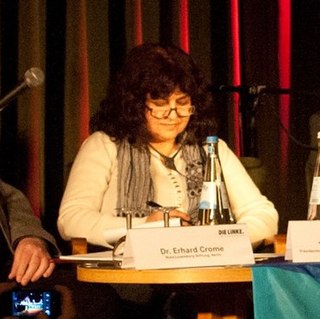A Quote by Malcolm Nance
Referring to ISIL as a destructive religious cult rather than a legitimate theo-political 'radical Islamic' group is not just more accurate, it also exposes ISIL's corrupt religious narrative.
Related Quotes
Most victims of ISIL are, in fact, Muslims. So it seems to me that to refer to ISIL as occupying any part of the Islamic theology is playing on a - a battlefield that they would like us to be on. I think that to call them - to call them some form of Islam gives the group more dignity than it deserves, frankly.
Now let's make two things clear: ISIL is not 'Islamic.' No religion condones the killing of innocents, and the vast majority of ISIL's victims have been Muslim. And ISIL is certainly not a state. It was formerly al Qaeda's affiliate in Iraq, and has taken advantage of sectarian strife and Syria's civil war to gain territory on both sides of the Iraq-Syrian border. It is recognized by no government, nor the people it subjugates. ISIL is a terrorist organization, pure and simple. And it has no vision other than the slaughter of all who stand in its way.
Political as well as religious cults can be distinguished from legitimate organizations by their use of doublethink. Though political cults espouse extremist ideologies, not extremist theologies, operationally they are virtually identical to religious cults, and they also go to great lengths to control the vocabularies of their members.
In the fight against ISIL, we cannot rely on an Assad regime that terrorizes its people; a regime that will never regain the legitimacy it has lost. Instead, we must strengthen the opposition as the best counterweight to extremists like ISIL, while pursuing the political solution necessary to solve Syria's crisis once and for all.
ISIL's widespread reach through the Internet and social media is most concerning, as the group has proven dangerously competent at employing such tools for its nefarious strategy. ISIL uses high-quality, traditional media platforms as well as widespread social media campaigns to propagate its extremist ideology.





























